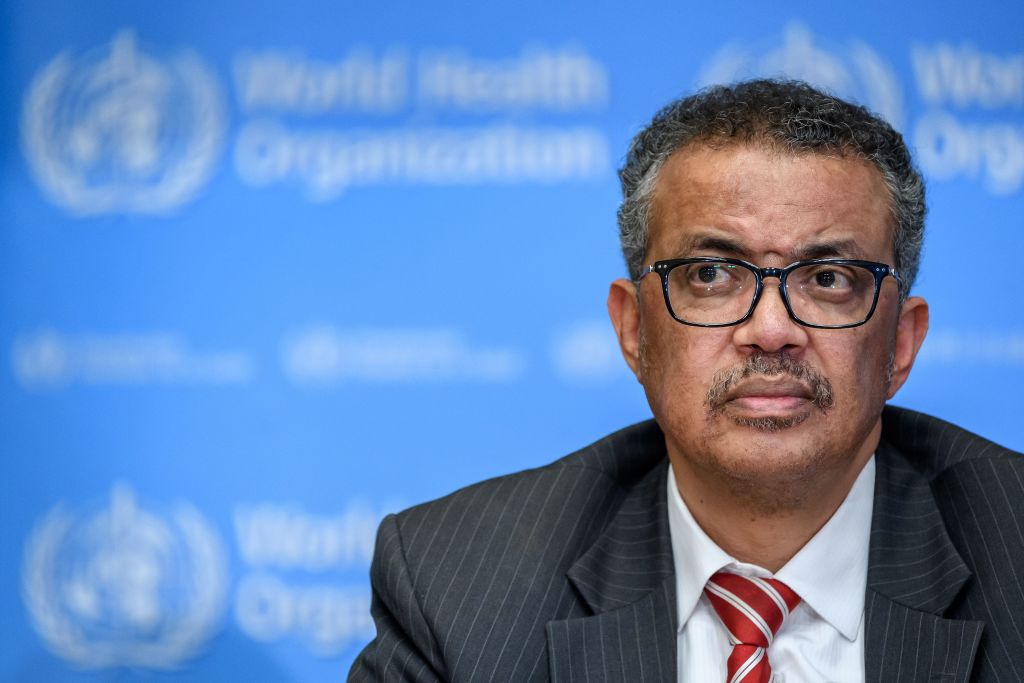The world has reached a perilous point on the Covid-19 pandemic, World Health Organisation (WHO) said recently during a media briefing on the pandemic.
“The world is at a perilous point in this pandemic,” said WHO director-general Dr Tedros Adhanom Ghebreyesus.
Over 187 million positive cases of coronavirus including 4.03 million fatalities have been reported in the world to date.
Zimbabwe as at 11 July 2021 has 67, 765 cases including 2, 185 deaths.
“We have just passed the tragic milestone of 4 million recorded covid-19 deaths, which likely underestimates the overall toll. Some countries with high vaccination coverage are now planning to roll out booster shots in the coming months and are dropping public health social measures and relaxing as though the pandemic is already over.”
Compounded by fast-moving variants and shocking inequity in vaccination, Ghebreyesus said, far too many countries in every region of the world are seeing sharp spikes in cases and hospitalisation.
“This is leading to an acute shortage of oxygen, treatments and driving a wave of death in parts of Africa, Asia and Latin America,” bemoaned the WHO chief.
“Vaccine nationalism, where a handful of nations have taken the lion’s share, is morally indefensible and an ineffective public health strategy against a respiratory virus that is mutating quickly and becoming increasingly effective at moving from human to human.”
He further explained: “At this stage in the pandemic, the fact that millions of health and care workers have still not been vaccinated is abhorrent. Variants are currently winning the race against vaccines because of inequitable vaccine production and distribution, which also threatens the global economic recovery. It didn’t have to be this way and it doesn’t have to be this way going forward.
Ghebreyesus said from a moral, epidemiological or economic point of view, it is now the time for the world to come together to tackle the pandemic collectively.
He said the pandemic has led to many more children experiencing domestic violence and psychosocial distress, which has been compounded by disruptions to their education, support networks and care services.
“We know that violence affected far too many children before the pandemic,” he decried.
“It is widespread and often hidden from public view in homes, schools, and communities and online. Children who are exposed to violence and trauma are significantly more likely to develop mental health conditions, including depression, anxiety, post-traumatic stress, and behavioural and substance use disorders. They are also more likely to die by suicide.”
He added: “Urgent action is required to address the mental health impacts of violence and trauma experienced during childhood and which has been amplified during this pandemic.”

